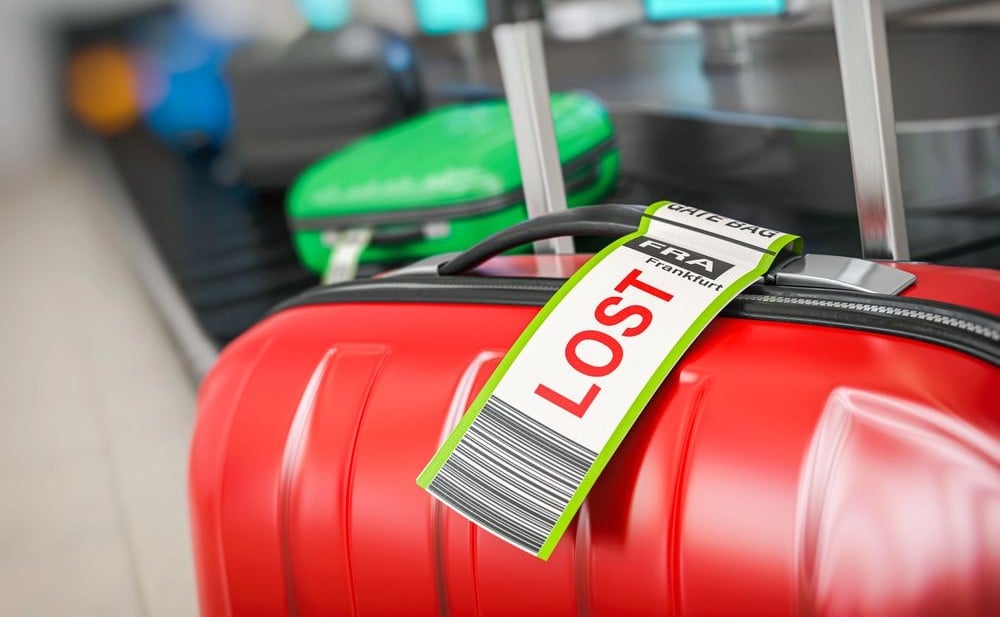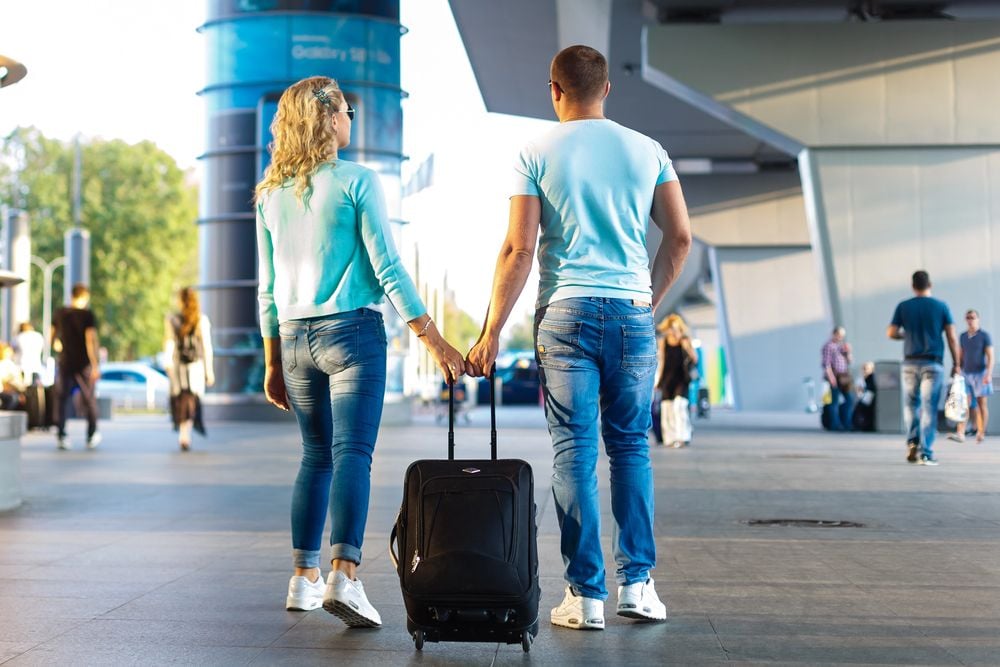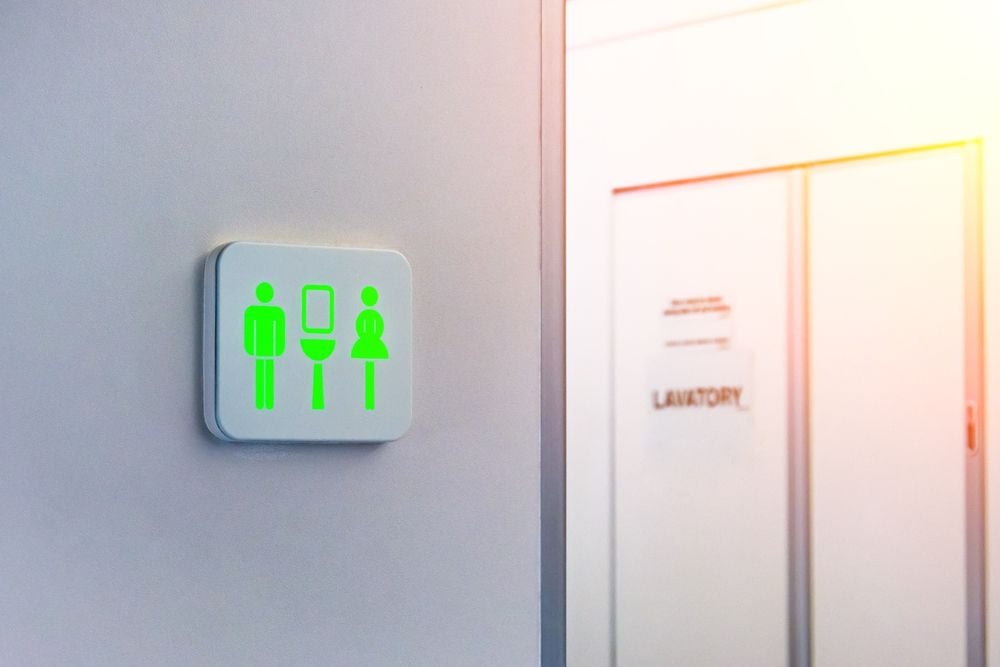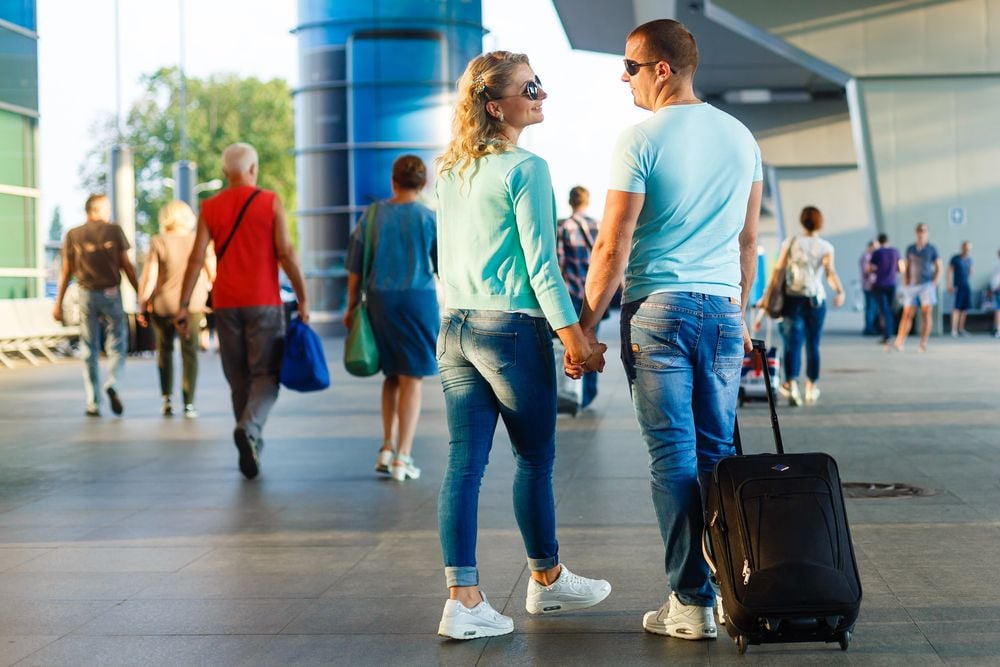Do You Have a Lost or Delayed Luggage? Here’s How to Claim Compensation and Keep Your Cool
If you’ve ever stared hopelessly at a luggage carousel that stopped spinning without your suitcase making showing up, then you know how it feels.
Whether you’re carrying gifts for international relatives, prepping for a conference in another time zone, or heading off for a much-needed vacation, lost or delayed luggage can turn your travel plans upside down.
Even with better airport technology and handling, the risk of lost or damaged baggage has not been eliminated. However, the good news is you can be compensated and there’s a smart approach to doing so.

Today We’ll take a look at your rights, what to do when your bags are late or lost and how to get compensated. So, keep reading!
The Bright Side: Mishandling Rates Are Dropping
You may find comfort in knowing that your odds of losing luggage are actually decreasing. The 2024 SITA Baggage IT Insights report highlights an encouraging trend: despite a 30.2% increase in passenger traffic from 2022 to 2023, the number of mishandled bags went down by 9.2%.
Even though the number of passengers has doubled since 2007, the rate of mishandling has gone down by 23%. The main reason is that nearly half of airports are now upgrading their baggage processing systems.
Still, these stats won’t calm your nerves if your bag doesn’t show up at your destination. Veteran travelers like tour leader Khaldoun Al-Shawish, who often deals with luggage issues during Intrepid trips in Jordan, stress that “the first thing we do is ensure our guest files a claim at the airport and receives a claim number to track for updates.”
What Are You Entitled To When Your Bag is Delayed?
This is when it helps to be aware of your rights. Andrew Appelbaum, counsel for FlyersRights.org, states that airlines are required to give you your delayed bag and pay for any reasonable expenses you incur. You should bring toiletries, clothes and shoes, but don’t expect them to cover the cost of a big shopping trip in Paris.
According to the 2024 U.S. Department of Transportation (DoT) rules, these expenses are considered “reasonable, verifiable, actual incidental expenses” that occur during the delay. Save every receipt and try not to buy things you can’t explain later. If you’re in Oslo without your winter clothes, a warm coat is okay, but designer boots might not be.
And if you paid for your checked bag? You may be eligible for a refund. As of 2024, a new DoT rule requires airlines to refund fees for services not rendered. That includes baggage fees if your bag is delayed beyond:
- 12 hours (domestic flights)
- 15 hours (international flights under 12 hours)
- 30 hours (international flights over 12 hours)
Airline-Specific Compensation Policies
Each airline operates under the DoT’s general regulations but enforces its own deadlines and methods for filing claims. Here’s what you should know about a few major carriers:
United Airlines
- Domestic claims: Report within 24 hours
- International claims: Report within 21 days
- How to file: In person, online on their website, via app, or by texting “BAGS” to 32050
- Compensation: Reimburses for essentials and may offer delivery service
A traveler shared their experience: “My luggage was delivered to my Airbnb—1.5 hours from the airport—within 48 hours. I didn’t even need to file for reimbursement because I had essentials in my carry-on.”
Delta Airlines
- Report delays at the baggage service office before leaving the airport
- Bags found within 5 days are delivered directly
- Submit receipts for compensation claims
American Airlines
- International flights: File before leaving the airport
- Domestic flights: File within four hours of arrival
- Offers digital and QR-code-based filing for convenience
Hawaiian Airlines
- File within four hours of arrival
- Visit baggage service counter—or, at some airports, a partner airline desk
- Full list on their website.
Step-by-Step: What to Do When Your Bag is Delayed

Even if you’re flying solo without a tour guide to advocate for you, the process doesn’t have to be overwhelming. Follow these expert-approved steps:
- Report the Delay Immediately
Notify the airline while still at the airport. Keep your claim number, flight info, and baggage tag. - Buy Only What You Need
“Be reasonable,” Appelbaum advises. “Common reimbursable items include toiletries, clothes and shoes.” Save the shopping spree for when your luggage is safely in your hands. - Keep Every Receipt
Snap photos of receipts and email them to yourself to avoid losing them. These are essential when filing for compensation. - Request Reimbursement Promptly
File your claim following the airline’s instructions. Appelbaum notes, “The standard is whether you suffered provable, direct or consequential damage.”
Heading to a wedding? Buying a formal outfit to replace your delayed tux or gown is justifiable. Trekking through Iceland? Wool layers are essential. If the item fits the context of your trip, make your case.
- Follow Up—Don’t Give Up
If your bag hasn’t arrived in a few days, check in regularly. Airlines typically declare a bag “lost” between 5 to 14 days after reporting. You may then be eligible for full compensation (up to $3,800 for domestic flights or around $1,700 for international).
What to Do to Get a Refund or Compensation for Lost Luggage
Follow these steps to claim what you’re owed:
1. Report the Missing Bag Immediately
As soon as you realize your luggage didn’t make it to the carousel, don’t leave the airport without filing a report. Head straight to your airline’s baggage service desk or use their app or website to submit a missing bag report.
A representative will give you a file reference number—save it. This number is essential for tracking your luggage and filing any future claims.
While you’re at it, ask the agent what the airline covers in terms of temporary purchases (e.g., toiletries or clothes) while your luggage is being located.
2. Buy Only the Essentials—and Keep the Receipts
If your baggage delay means you need to purchase necessities like a change of clothes or personal care items, be sure to keep all your receipts. Airlines typically reimburse for “reasonable” expenses incurred due to the delay, but you’ll need proof of what you bought and how much you spent.
3. Follow Up If the Bag Doesn’t Show Up
If your bag hasn’t arrived after the timeframe promised by the airline, it might be more than delayed—it could be lost. Follow up with the airline using your case reference number. Ask them directly: is the luggage now considered lost? Most airlines offer a deadline (usually 5 to 14 days) before they declare a bag officially lost.
Keep in mind: your bag’s return also depends on the frequency of flights to and from the mishandled location. If there’s only a weekly flight to your destination, your bag may take longer to arrive. Don’t assume—it’s always best to confirm with an airline agent.
4. File a Complaint If Necessary
If your airline is dragging its feet or you feel your concerns are being ignored, you have the right to escalate. You can file a complaint with the U.S. Department of Transportation (DoT) or the relevant aviation authority in your country. Delayed responses or poor handling of lost luggage cases can and should be reported.
5. Submit Your Compensation Claim
Once your bag is declared lost, you can begin the formal compensation process. Submit a detailed list of the items in your luggage, their estimated values, and any proof of purchase or receipts. Include:
- The original cost of your bag
- The total value of its contents
- Any checked baggage fees
- Any emergency or replacement purchases

Don’t have every receipt? That’s okay. Airlines generally accept estimated values for common items. If you can’t provide a receipt, use credit card statements or photos as backup. Proving similar past purchases also helps validate your claim.
6. Check Other Coverage Options
You may be entitled to additional reimbursement through other channels. Some travel credit cards offer lost baggage protection. Similarly, travel insurance policies or even your homeowner’s insurance might include coverage. Check the fine print—you might get more back than you expect.
7. Still No Word? Escalate Again
If the airline still hasn’t issued a refund or compensation after a reasonable waiting period (usually about a week), don’t hesitate to follow up. Send a formal complaint and, if necessary, contact the Department of Transportation. Consumer protection laws often require airlines to respond in a timely manner—holding them accountable helps ensure fair treatment for all travelers.
Can Travel Insurance Cover Delayed Luggage?
Yes, in fact, a travel insurance can be your secret weapon when airline coverage falls short. Many policies reimburse you for loss or delay beyond the airline’s limits.
But hold one: Just be honest and transparent with both parties.
“You will not be paid twice for the same item,” says Appelbaum. “But if the value of your items is more than $3,800, your travel insurance protection will start to pay dividends.”
Al-Shawish emphasizes the importance of coverage: “We strongly recommend a policy that includes loss of luggage or personal effects. This can make a real difference if you find yourself in a situation like this.”
Can Your Airline Pay for Damaged Luggage?
Yes, they are but not everything.
And so, if your suitcase shows up looking like it went through a rock concert mosh pit, don’t just sigh and move on. “Airlines are required to compensate passengers for the value of the items that are lost or damaged,” says Appelbaum. But here’s a caveat: accepting an on-the-spot replacement bag from the airline might void your right to full compensation.
Also, each airline has fine print that defines what is and isn’t covered. For example, United Airlines won’t cover fragile, perishable or high-value items, while Delta won’t cover “precious” or “unsuitably packed” items, and American Airlines doesn’t cover antiques, heirlooms, artwork, and electronics.
Also, according to the Department of Transportation (DoT), if an airline damages or loses an assistive device during domestic travel, the usual liability limits do not apply—the airline must cover the cost up to the device’s original purchase price, depending on whether it needs to be repaired or replaced. However, for international travel, standard liability limits do apply.
so, check their contract of carriage before filing.
How Long Does It Take to Get Lost Luggage Back?
The short answer? It depends. Airlines typically consider a bag officially lost if it hasn’t shown up within 5 to 14 days of your arrival. However, the timeline for recovering delayed luggage can vary significantly based on how many flights, stopovers, and airline carriers were involved in your journey. A single direct flight? Your bag might turn up in a day or two. But if multiple airlines were juggling your suitcase through tight layovers, you could be in for a longer wait.
Delays often arise from:
- Communication gaps between carriers
- Poor tracking systems
- Infrequent flights to/from the destination
Airlines with mobile bag-tracking features tend to resolve cases faster. Still, if your bag hasn’t arrived in 5–14 days, it may be declared permanently lost.
Fortunately, lost luggage is rare. According to the 2024 SITA report showed that in 2023:
- 77% of mishandled bags were delayed
- 18% were damaged
- Only 5% were lost or stolen
Can You Prevent Your Luggage from Getting Lost?
Well, yes you can. While you can’t ride alongside your suitcase through the cargo hold, there are smart steps to reduce the risk of loss:
- Fly direct if possible. Fewer connections mean fewer chances your bag will go rogue.
- Avoid short layovers. Allow at least an hour for domestic and two for international connections, especially at large or busy airports.
- Download the airline app. Most apps now offer real-time tracking of checked bags.
- Use tracking devices. Devices like Apple AirTags or Tile trackers can help you locate your bag even when the airline can’t.
- Double-check your tags. Always verify your bag tag has the correct airport codes and your name. Remove any old tags to avoid routing confusion.
- Take photos before you pack. Snap your packed contents and the outside of your bag. It helps with identification and claims if needed.
- Label inside and out. – Include contact details both on your luggage tag and tucked inside the bag.
- Add a unique touch. Tie a bold ribbon or choose a bright suitcase color. A unique-looking bag is less likely to be taken by mistake.
- Ask about rechecking. On international trips or when switching carriers, find out if you need to claim and recheck your bag at a connecting airport.
- Keep valuables with you. Medications, electronics, travel documents, and sentimental items should always go in your carry-on.
Though you can’t control every variable once your bag disappears behind the check-in counter, these steps can significantly improve your chances of getting it back—and quickly.
Bottomline
Even if your luggage is delayed or lost, understanding your rights and acting promptly can help you feel much better. Keep the things you need in your carry-on, act quickly if your bags are late and don’t hesitate to ask for fair compensation. If you’d like to be extra sure? Choose travel insurance that covers you well.






